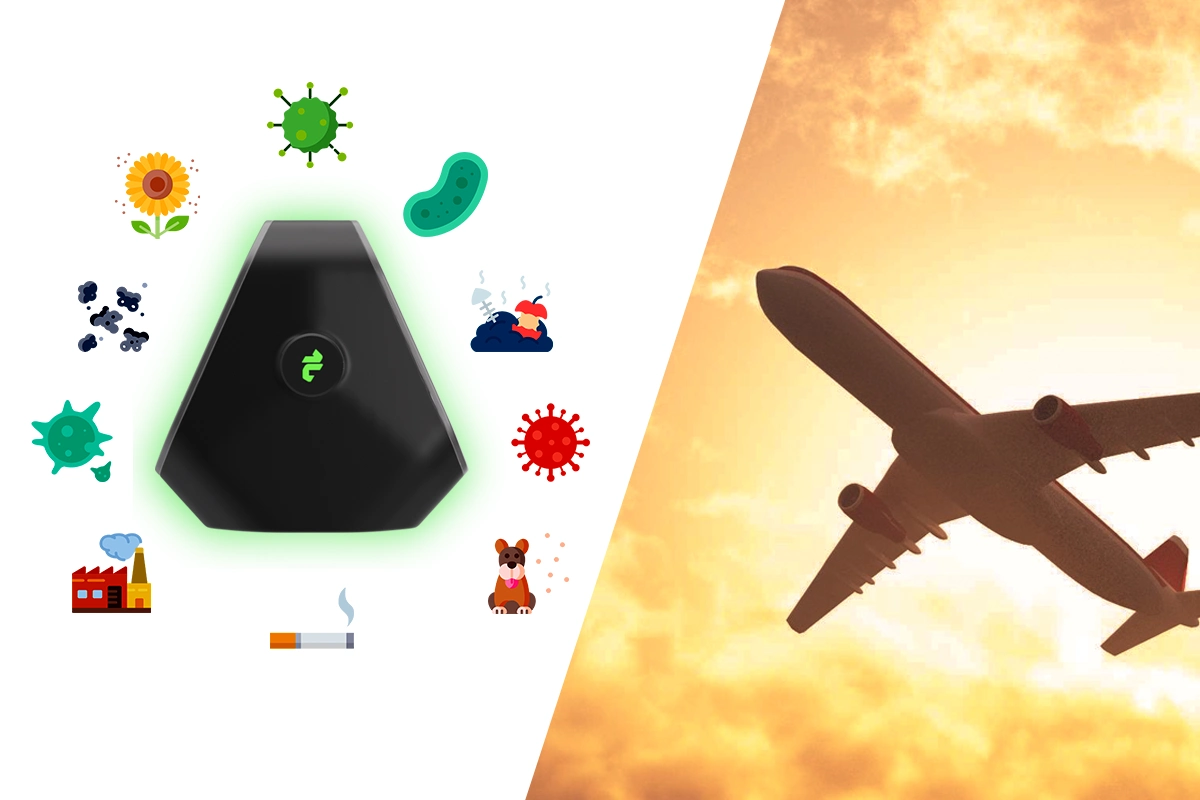
How do we ensure clean air or Air Security as a human right?
You have roughly one in two chances of inhaling air that exceeds World Health Organization standards for air pollution if

One of the biggest, most underrated blessings in life is the ability to breathe freely and abundantly. The second most underrated blessing is to have access to clean air. Unfortunately, both these fundamental blessings have taken a serious hit following the outbreak of the novel coronavirus. Additionally, India has repeated and infamously made a consistent spot in being one of the most polluted countries of the world.
With extremely high toxins in the air, many cities in India, or maybe even the entire country on the whole, are exposed to pollution that is an alarming 5.5 times higher than what is suggested by the W.H.O. (World Health Organization). And according to recent studies, the most lethal source of this toxic air pollution containing PM2.5, is mainly from low-income households, who don’t have access to cooking stoves and are required to burn wood, fuels, or cow dung to cook their food.

Particulate matter or ‘particle pollution’ is a mixture of extremely small particles and liquid droplets that are larger than 0.1 mm and smaller than 2.5 mm. Particle pollution is made up of many components that include nitrates and sulphates, metals, organic chemicals, and other particles. Since these particles are so minute in size, it is particularly difficult to eliminate them from our atmosphere. Inhaling these fine particles for an increased period of time may cause the following health concerns:
Ground level ozone
develops when the sun’s ultraviolet rays come in contact with Volatile organic compounds (VOC’s) and Nitrogen oxides (NOx). The highest levels of Ground level Ozone are most notable in the afternoon and early evening hours especially during peak summers. These pollutants primarily come from automobiles and cause the following health concerns:

You have roughly one in two chances of inhaling air that exceeds World Health Organization standards for air pollution if

It’s funny how often we get confused between Air security and Aviation security, but we fail to realise how both

While both men and women are susceptible to indoor air pollution’s harmful effects, women are more vulnerable to its effects.

As very few people are aware of indoor air pollution, they don’t know how water leaks worsen indoor air quality.

The indoor environment plays an important role in human health. There is a lot of literature describing how indoor air

Tobacco and humans have had a very long association. Archaeologists have found the use of tobacco since 1 BC in